Book of the Day Roundup March 25-29, 2019
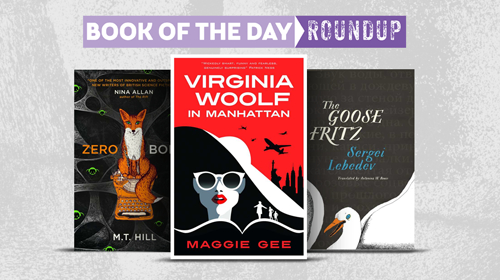
Zero Bomb
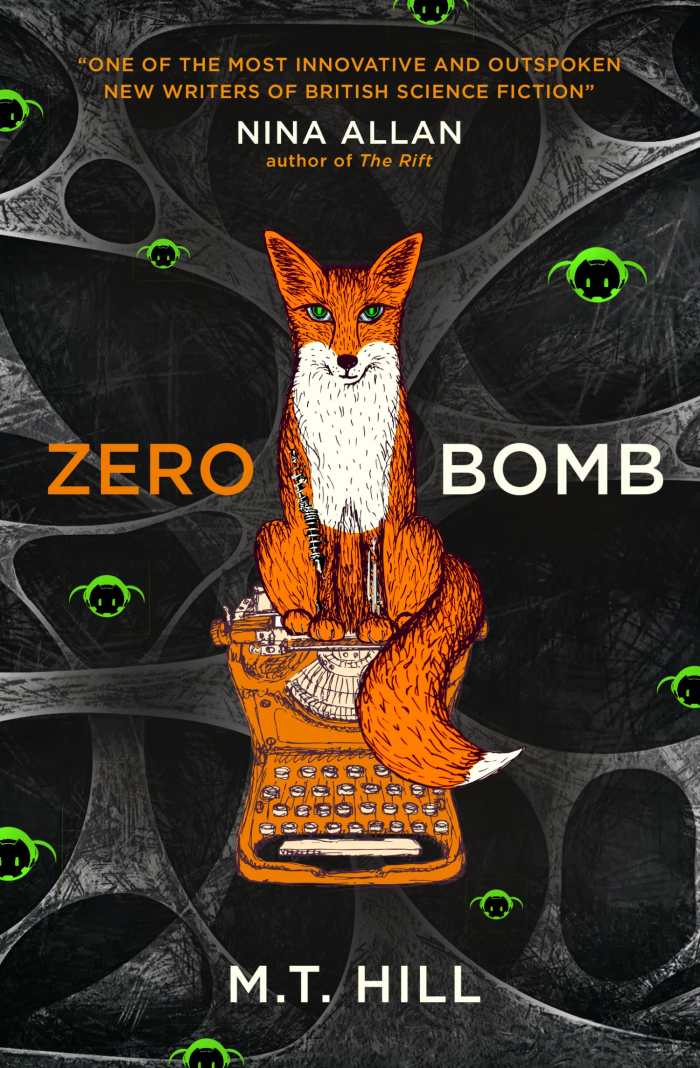
M. T. Hill
Titan Books
Softcover $14.95 (304pp)
978-1-78909-001-7
Buy: Local Bookstore (Bookshop), Amazon
Even a surveillance state can’t see everything. M. T. Hill’s Zero Bomb is set in a near-future England. Industries have been automated for ease, non-Christian religions have been abolished, people are digitally tracked, and many books have been banned: “innocence gave way to cynicism, and the fascia of civilization was picked at, slowly elided.”
In rural England, Remi starts avoiding the news, worried about what the bleakening future will hold for his daughter, Martha. But then Martha dies, and nothing feels worth committing to.
After cycling through drug use and reinvention, Remi is beckoned to an old spy safe house in London, where Lauren Brace, a charismatic separatist leader, reveals that Martha may be alive after all. Remi is hopeful that they’ll be reunited; in exchange for connecting them, though, Brace requires Remi to assist with a planned attack on the state.
Nothing is as it seems in Hill’s England. A green-eyed fox exudes the appeal of the wild but turns out to be a programmed cog in dark designs. A state that proclaims to provide is also one that strips people of their purpose. Images are disquieting: of cars that drive themselves but leap curbs to plow into crowds, of cities blinking into chaos, of fields of engineered human parts.
Portions of The Cold Veil—Brace’s postapocalyptic novel-cum-manifesto—are included in the text, and they roil with their own discomfiting visions and unnerving images. Martha emerges as the book’s true protagonist, though her strength is quiet at first, her savviness revealed on a need-only basis.
Zero Bomb is a bold and alarming vision of an automated future and those who might resist it.
MICHELLE ANNE SCHINGLER (February 27, 2019)
The Gift of Wonder
Creative Practices for Delighting in God
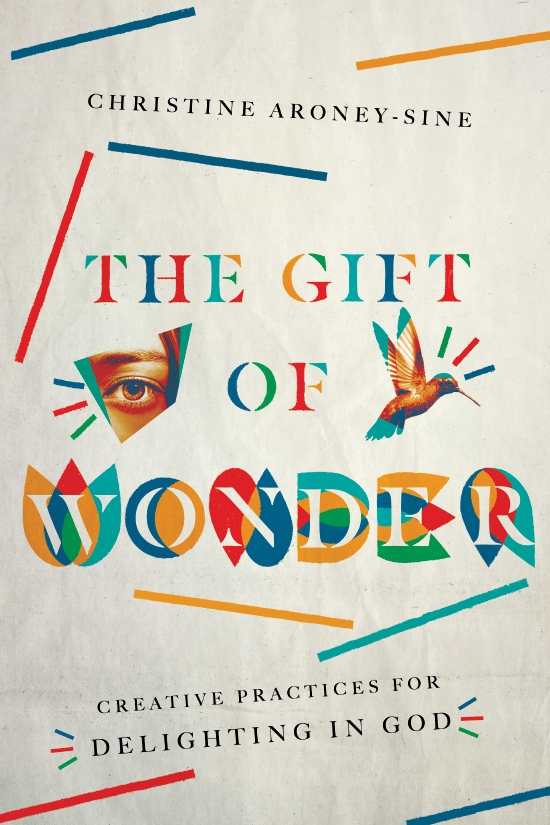
Christine Aroney-Sine
InterVarsity Press
Softcover $16.00 (224pp)
978-0-8308-4653-5
Buy: Local Bookstore (Bookshop), Amazon
Christine Aroney-Sine’s The Gift of Wonder invites childlike joy back into faith through creative practices.
“I grew up with a serious, workaholic type of God,” Aroney-Sine begins. Many Christians can relate. For them, the book has two questions: What do you enjoy about God? And what about you gives God joy? Some people are stumped by these questions, but the book includes answers from others who bring forth themes of play, creativity, and curiosity. Do such elements belong in the context of serious religion? The book answers with a resounding “yes.”
A blend of Aroney-Sine’s story of spiritual discovery, studies of other people of faith, and biblical passages that show that wonder is at the heart of the Christian faith, the book examines themes like rest, gratitude, and nature. It provides accessible creative practices for increasing the depth and breadth of faith. These practices are largely designed to be between an individual and God, but some consider how faith impacts others, too. Some have roots in centuries-old practices like the prayer of examen; others are inspired by less religious sources, like Alice’s words from Lewis Carroll’s classic.
The book is a perfect blend of the philosophical and practical, and both approaches are shown to be vital. In order to understand the gift of wonder, it says, Christians need to drastically change their mindsets about faith. The book includes ways to cultivate a sense of wonder alongside other people of faith, too.
The Gift of Wonder is warm and inviting, thoughtful and sincere. Its calm, persistent playfulness chips away at the too-serious facades of faith, uncovering a joyful faith that is refreshing and deep. Its tools and exercises will help Christians more fully embrace God by diving into childlike wonder.
MELISSA WUSKE (February 27, 2019)
I Am Watching
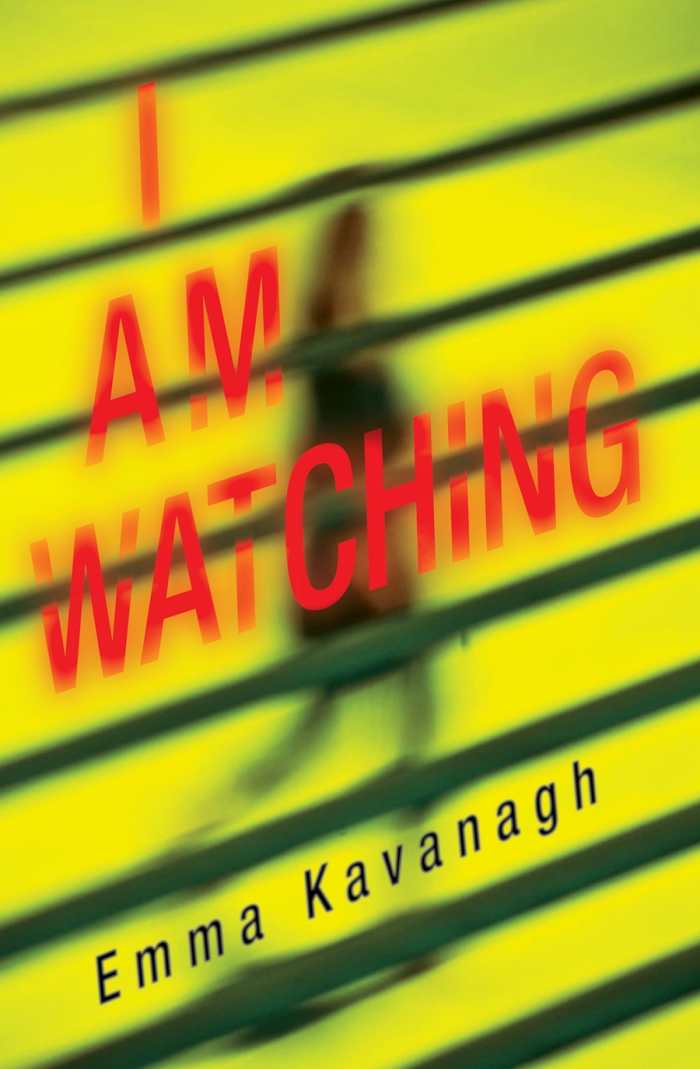
Emma Kavanagh
Kensington
Hardcover $26.00 (320pp)
978-1-4967-1374-2
Buy: Amazon
When Isla Bell is a teenager, she discovers three dead bodies propped against a wall during her morning run. In Emma Kavanagh’s I Am Watching, there is a lone survivor of the attacks: one of the victims’ teenage brothers, Ramsay, has a head injury but is otherwise unharmed. Fortunately, the killer, Heath McGowan, is identified and arrested shortly after the murders occur, and the small town of Briganton begins its long process of recovery.
Twenty years later, Isla is a criminal psychologist, now married to Ramsay. Unable to let go of what she saw, she jumps at the chance to interview McGowan and scan his brain. She believes she’s identified what predisposes murderers to kill and believes defining McGowan will finally help her regain a sense of safety and stability.
But then, more victims are found against the wall.
I Am Watching is a taut thriller that twists and turns until the very end. Told from various perspectives—including Isla’s, police investigators’, and Ramsay’s—the story unfolds at numerous angles, resulting in a complex, complete picture of a small town shattered by tragedy. The Briganton atmosphere looms over the novel, almost a character on its own. Clues are perfectly timed, creating plenty of tension without ever revealing too much.
The main characters are scarred by their pasts, yet they diligently try to make a better future for themselves and their community. They are flawed but easy to empathize with. Through their interactions, new depths are explored and individual connections to the past and present murders are revealed.
As it hurtles toward a shocking conclusion, I Am Watching reaches a fever pitch of unexpected realizations, bringing forth the question of how well you can ever really know another person. Smart, fierce, and absorbing, this is a novel that begs to be read deep into the night.
ANGELA MCQUAY (February 27, 2019)
Virginia Woolf in Manhattan
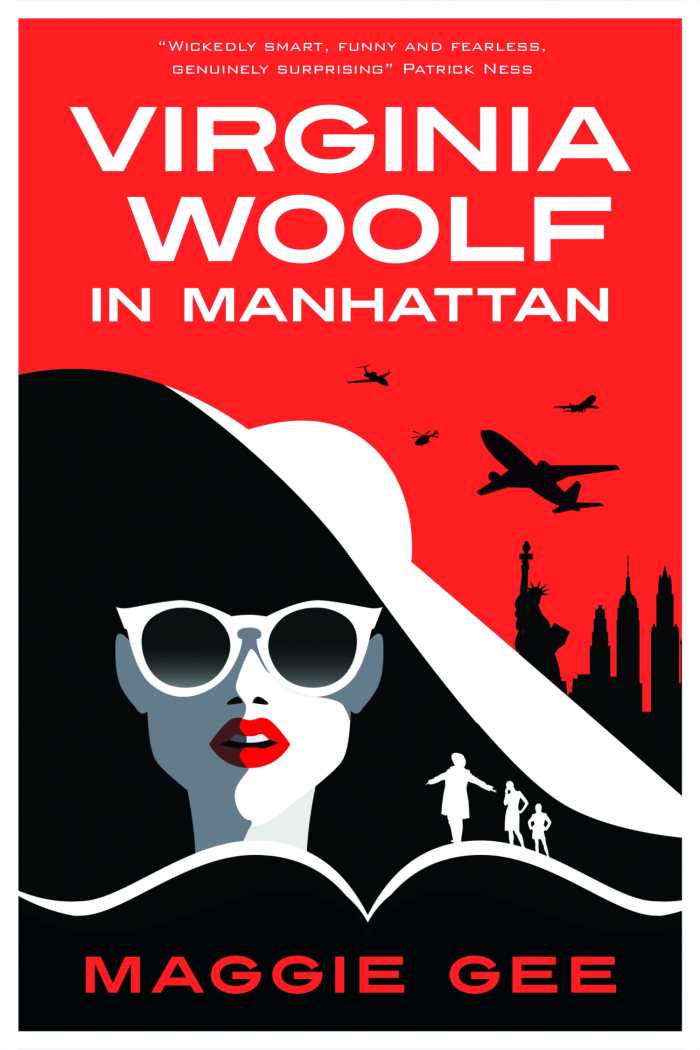
Maggie Gee
Fentum Press
Softcover $15.95 (480pp)
978-1-909572-10-2
Buy: Local Bookstore (Bookshop), Amazon
Angela Lamb is a bestselling novelist who moonlights as a Virginia Woolf scholar. She’s prepping her keynote address for a Woolf conference when the unthinkable happens, and more than papers emerge from the Berg Collection’s stacks. Stones still in her pockets, Virginia Woolf is recalled, too, and the conceit of a person’s work taking over their life is given breath in Maggie Gee’s Virginia Woolf in Manhattan.
Spanning New York, London, and Istanbul, the story shifts between Virginia, Angela, and Angela’s teenage daughter, Gerda. Concerned with the modern condition, relationships, and human connection, the novel is captivated by the conflict between people’s interior lives and their ability to express that interiority to others.
Angela is not particularly likable, without youth or inexperience to excuse her insecurity and self-absorption. Virginia proves privileged and entitled too, but her wounded curiosity makes even her flaws surprisingly endearing. Gerda is poised somewhere in between, alternately insecure and brave, terrible and vulnerable. Their respective antagonisms and similarities define both who they are and the blind spots in their self-concepts.
While interested in the self, embodiment, and the freedom that comes from being fully known, the novel struggles to create this expansiveness. Its adherence to binary concepts of sexuality and gender, and its saccharine nostalgia, jangle against messages of inclusive, affirming personhood. In light of Woolf’s documented queerness, bisexuality is frustratingly effaced. Her male partners are given overweening weight, and her sexual orientation is portrayed as proximate to transgenderness.
As Virginia ruminates, “Maybe the past can never write the present.” While progress isn’t linear, the present’s ability to see—much less to comment on—itself in this novel is fraught, as Angela, Virginia, and Gerda’s triumvirate exemplifies in its ongoing attempt to unpack and define a modern womanhood that’s rooted in that past.
LETITIA MONTGOMERY-RODGERS (February 27, 2019)
The Goose Fritz
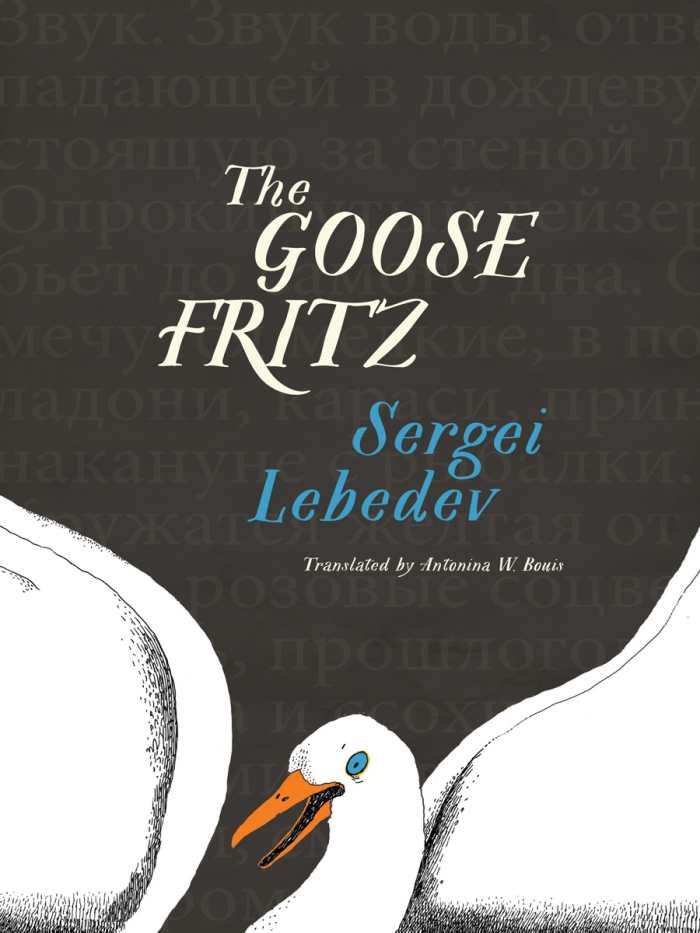
Sergei Lebedev
Antonina W. Bouis, translator
New Vessel Press
Softcover $17.95 (322pp)
978-1-939931-64-1
Buy: Local Bookstore (Bookshop), Amazon
Among the strands that shape a person’s identity, family may be one of the most influential. Sergei Lebedev delves into one such family in The Goose Fritz, an impressive tangle of branches in a single ancestral tree.
Kirill has always been Russian. But when Grandmother Lina brings him along on a visit to the German Cemetery in Moscow, this national identity is split into two. She reveals the graves marking his forebearers—graves carved with the name Schwerdt. Russian sympathies toward Germans were understandably nonexistent for much of the twentieth century, so Kirill’s grandmother took great pains to conceal their German roots as much as possible. But as her life draws to a close, she shares the secret with Kirill, her academic grandson, in the hopes that he will piece the great breadth of their family history—their true history—together.
The novel is expositional but crafted in poetic prose. Individual stories of family members are compelling but grow even more fascinating as the narrative makes connections leading to the present-day Kirill. The trail begins at Balthasar Schwerdt, a traditional German doctor turned homeopath who travels to Russia in the early 1800s afire with “his dream of converting nations to the homeopathic faith.” He falls under the sway of the mad Prince Uryatinsky and thus solidifies this branch of the Schwerdts in Russia.
The depth of historical research is evident everywhere. German immigrants’ struggles to establish themselves in Russia despite restrictive laws are a chilling reminder of how widespread hatred is damaging to a nation’s—any nation’s—social fabric.
An evocative excursion across more than a century, The Goose Fritz provokes consideration of national identity and the role it plays in sustaining an individual.
MEAGAN LOGSDON (February 27, 2019)
Barbara Hodge
